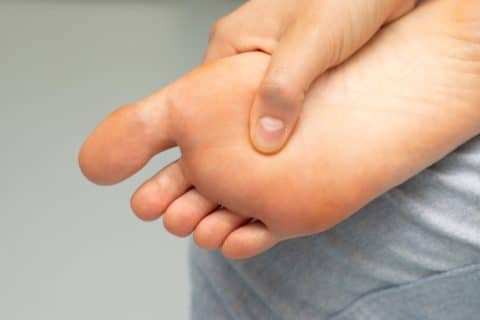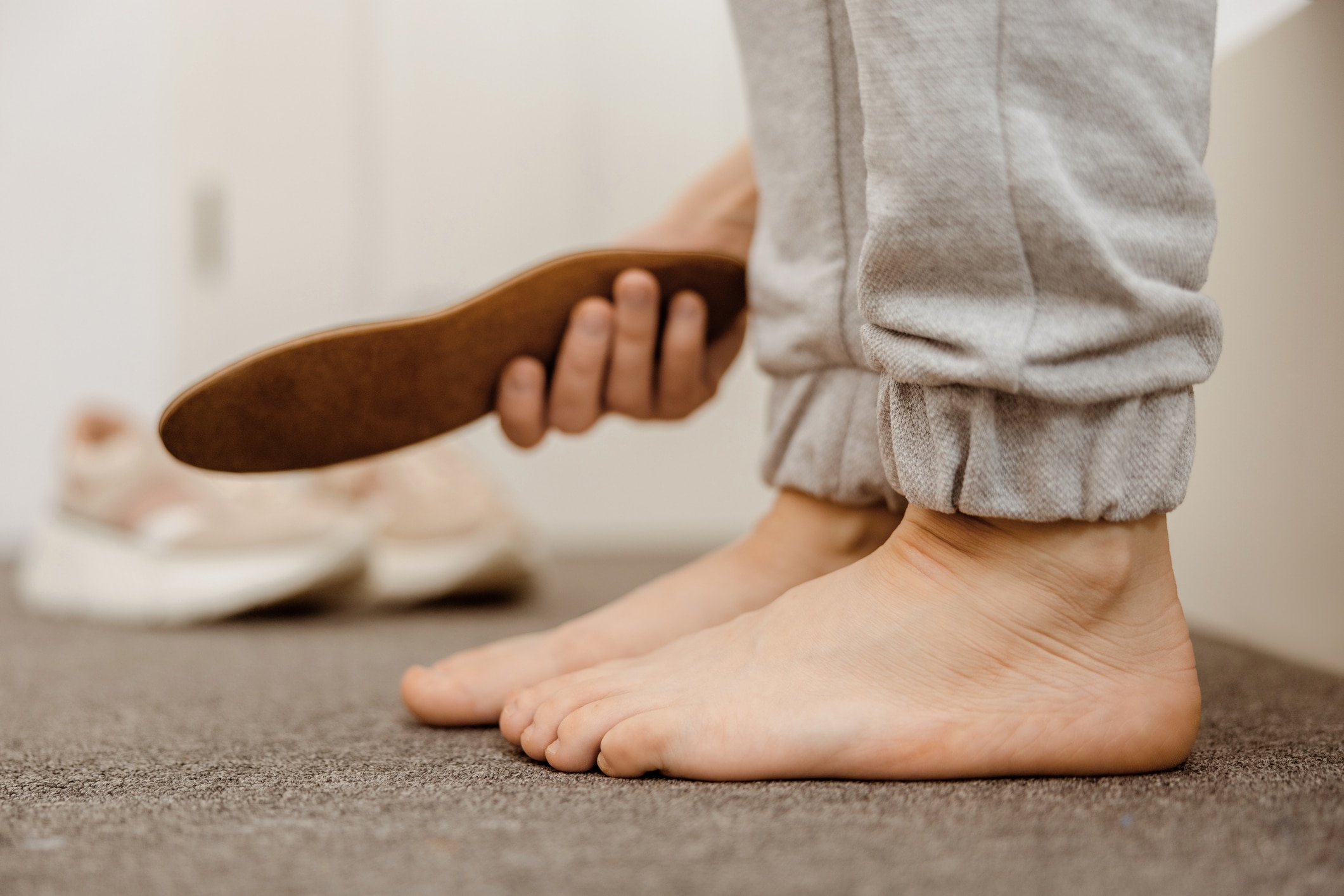A nerve pathology is an injury to the nervous system that causes sensory, motor, autonomic, or neurocognitive dysfunction. Neurological tissue doesn’t regenerate like other body tissues (skin, bone), so injuries can result in permanent impairment unless they are treated by the medical profession. The most common nerve injuries include those of peripheral neuropathy.
Peripheral neuropathy is a condition in which numbness, weakness and pain occurs, usually in the hands and feet. It results from the damage of the nerves located outside of the spinal cord and brain, commonly referred to as peripheral nerves. These nerves are responsible for the delivery of sensation and movement.
Peripheral Neuropathy and Diabetes
Despite the fact that 60-70 percent of persons with diabetes have some nervous system damage, many individuals believe that only people with diabetes can get peripheral neuropathy — but this isn’t true. Because there are many different factors that can induce the illness, it can affect anybody.
There is however a specific form of neuropathy, often referred to as diabetic neuropathy, which is characteristic of many with diabetes. Diabetic neuropathy is a type of nerve damage that can occur as a result of diabetes, through the potential of high blood sugar (glucose) to harm nerves in the body. Diabetic neuropathy primarily affects nerves in the legs and feet.
Essentially, having neuropathy does not mean that one has diabetes. The term neuropathy simply refers to the dysfunction or damage of nerves that typically results in sensations of tingling, weakness, pain and numbness in affected parts of the body. Diabetic neuropathy is simply a term used to specify the condition to cases in which symptoms are attributed to the effects of diabetes.
Symptoms
Symptoms of neuropathy are different for each person, depending on the type and location of damage to the nerves. Symptoms may include tingling, numbness, loss of sensation or muscle weakness. This can make it hard to do daily tasks such as shaving or putting on socks. Pain is another symptom associated with neuropathy, which often worsens at night.
For many with neuropathy, the first symptoms are usually a loss of the sense of touch and a sensation of pins and needles around the toes and feet. In severe cases, this can progress to muscle weakness and difficulty walking. In some cases, people may lose their ability to feel pain or changes in temperature.
These symptoms can have a significant impact on daily life, including safety risks from injuries or accidents resulting from loss of sensation to feet and hands, as well as occupational issues for those who cannot work due to pain or weakness. In some cases, neuropathy may be a sign of an underlying serious illness, or it may be a side effect of medications or chemotherapy.
Prevention
Diabetic Neuropathy Prevention
Diabetes can cause damage to the peripheral nerves. This happens when high levels of blood sugar are left untreated for a long period of time. The longer one has diabetes, the risk of having neuropathy increases as well as the severity of its symptoms. However, those who have their blood sugar under control decrease their chances and severity of developing neuropathy. This can be done by taking medicine as prescribed, exercising frequently and eating a diet low in sugar.
Knowing if you are at a high or low risk for this form of neuropathy can also help you to take preventative measures. For example, those who have a family history of diabetes or those who are obese should take extra precautions to monitor their health status and the potential development of the condition.
Non-Diabetic Neuropathy Prevention
In most cases, the causes of general cases of peripheral neuropathy can vary. However, there are some risk factors that increase a person’s chance for developing this condition which include smoking and drinking alcohol excessively. In addition to controlling these behaviours, protecting oneself from injuries such as burns or cuts can decrease one’s risk of developing the condition.
Treatment
In all cases, the range and severity of peripheral neuropathy symptoms will vary from person to person. In some cases, recovery is possible when the underlying cause is treated or removed, but permanent damage can occur when left untreated. Treatment options depend on the type and severity of symptoms.
Medication
Medications are commonly used in the treatment of peripheral neuropathy. Chemicals in a variety of medications work to modulate pain signalling pathways in the central and peripheral nervous systems and are thus helpful in the management of peripheral neuropathy symptoms. Antidepressants, antiseizure and topical medicines are just some of the options used.
Physical Therapy
Physical therapy aims to restore function and mobility by combining concentrated exercise, massage, and other therapies. It can be beneficial in aiding the mobility of select peripheral neuropathy patients and can likewise assist in reducing cases of imbalance and falls.
Occupational Therapy
Occupational therapy can assist patients in coping with the pain and loss of function associated with the condition, as well as teach new skills to better manage it.
Surgery
For persons with compression-related neuropathy due to issues like a herniated disc in the back or neck, tumors, infections, or nerve entrapment disorders such as carpal tunnel syndrome, surgery is sometimes an option.
Mechanical Supports
Mechanical supports can also be helpful in the management of pain due to peripheral neuropathy. Braces and specially constructed shoes, as well as casts and splints, can all help with pain reduction by providing support or keeping afflicted nerves in good alignment.
Lifestyle And Habit Change
For most others, “conservative treatments” such as changing shoes for better support and cushioning, addressing body mechanics to distribute weight evenly, getting appropriate footwear or custom inserts, losing weight if obese or increasing activity levels if sedentary have been shown to be helpful in the management of symptoms.
Regardless of the cause for symptoms, individuals suffering from pain, weakness or numbness from cases of suspected peripheral neuropathy are best to consult with a qualified healthcare professional for treatment.
If you or a loved one are experiencing symptoms associated with peripheral neuropathy, contact Lakes Foot And Ankle Associates today.
| Monday | 8:30am – 5:00pm |
| Tuesday | 9:00am – 5:00pm |
| Wednesday | 8:30am – 5:00pm |
| Thursday | 9:00am – 6:00pm |
| Friday | 7:30 am – 4:00pm |
| Saturday | – Closed – |
| Sunday | – Closed – |



